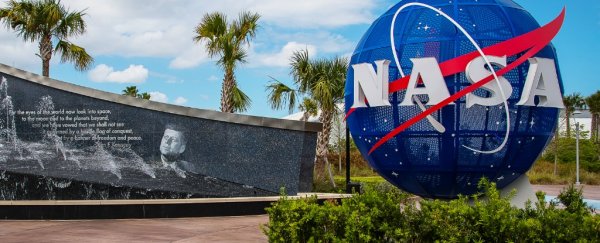NASA has just released its 2017-2018 software catalogue, and everything is available for free download, without any royalty or copyright fees.
This is the third time NASA has released such a compilation as part of its Technology Transfer Program.
The catalogue includes a tonne of software products with a wide range of technical applications, and several of these are being released to the public for the first time.
Organised into 15 categories, the catalogue includes software for data processing/storage, business systems, operations, propulsion, and aeronautics.
Each of these contain dozens of software downloads. If you find it difficult to browse through all of them, you may want to begin with NASA's list of the top 20 requested software titles that are included in the catalogue.
Understandably, most of the software in the catalogue has something to do with rocket science and propulsion engineering.
Unless you're building a rocket or an aircraft in your backyard, that may not be your cup of tea, but worry not - other topics included may be more to your liking.
"The software catalogue is our way of supporting the innovation economy by granting access to tools used by today's top aerospace professionals to entrepreneurs, small businesses, academia, and industry," explained Steve Jurczyk, associate administrator for NASA's Space Technology Mission Directorate (STMD), in a press release.
"Access to these software codes has the potential to generate tangible benefits that create American jobs, earn revenue, and save lives."
Perhaps you want to build your own autonomous system. NASA has software for all your robotics and systems health monitoring needs.
Or maybe you're curious about the climate? NASA's got you covered, offering up every environmental science software tool they have that uses data from their Earth-observing satellites.
Speaking of data, NASA also has software to meet your data processing needs.
And while they're at it, NASA can also help you design the next data and image processing app.
This article was originally published by Futurism. Read the original article.
